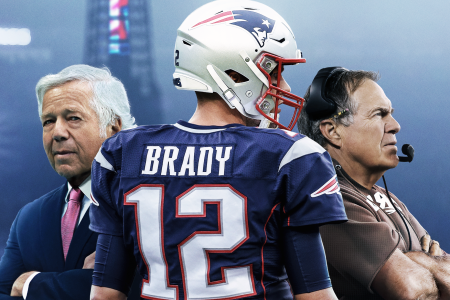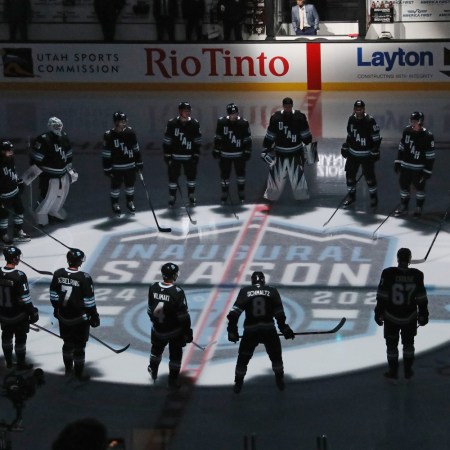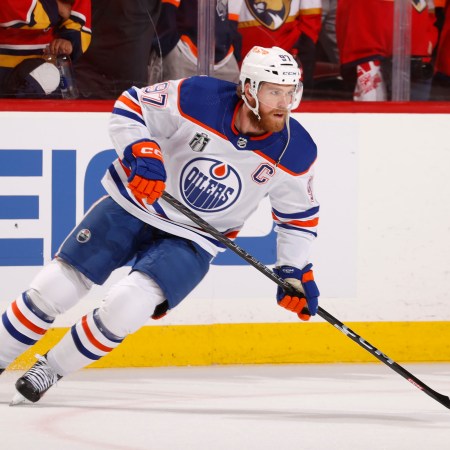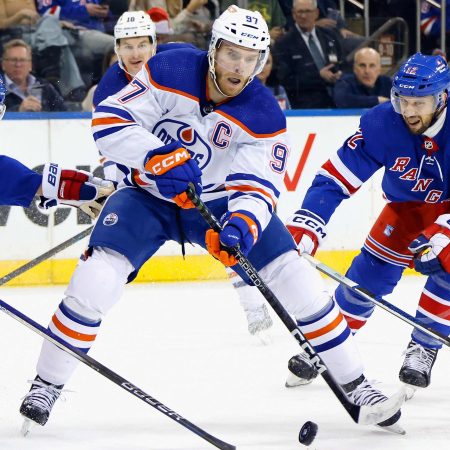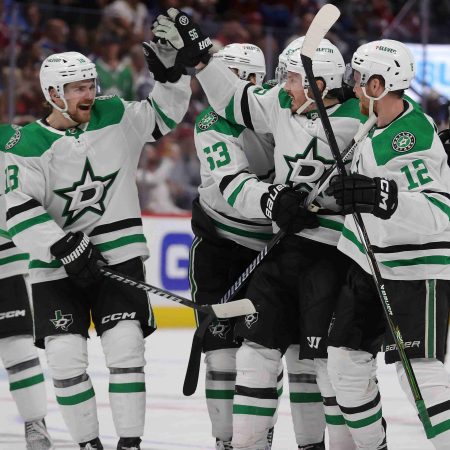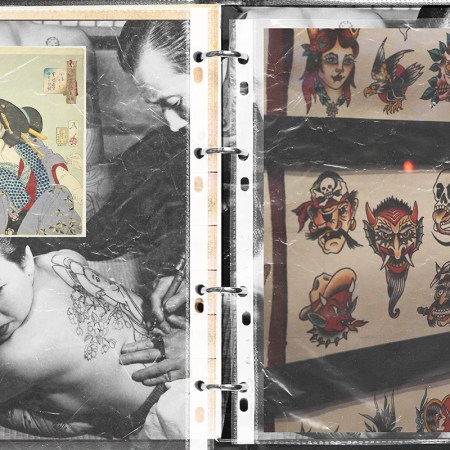On Monday night in Vancouver, the Oilers beat the Canucks 3-2 in Game 7 to advance to the Western Conference final in the Stanley Cup playoffs for the second time in three years. Unlike the last time the Canucks lost a Game 7 at home on June 15, 2011, when Vancouver had a chance to win their first-ever Stanley Cup but couldn’t solve Boston goalie Tim Thomas (37 saves) and lost 4-0 to the Bruins, more than 150,000 rioters didn’t take to the streets of downtown to set vehicles on fire, loot businesses and confront police officers for more than five hours.
Referred to as the 2011 Vancouver Stanley Cup Riot in a report from The British Columbia Prosecution Service, the violent event that occurred more than a decade ago was eventually brought under control by 928 police officers, but not before $3.78 million worth of damage had been done and nearly 300 crimes (26 arsons, 193 property damages, 26 break-and-enters and 52 assaults) had been committed.
Captured on video and in pictures taken with cellphone cameras and shared on social media, those crimes did not go unnoticed or unpunished, as prosecutors levied 912 charges against 300 suspects and nearly $5 million was spent prosecuting the cases. In addition to the legal punishment, many of the rioters whose images had been shared online were punished on social media by being shamed publicly in front of friends, family and others, including employers.
That’s one of the topics covered in the forthcoming ESPN 30 for 30 documentary I’m Just Here For The Riot from Vancouver filmmakers Asia Youngman and Kathleen Jayme, both of whom are Canucks fans who were in town on the night of the riot but did not partake in the evening’s illegal activities. Featuring old videos uploaded to YouTube and never-before-seen footage Youngman and Jayme were able to crowd-source from Vancouverites who were downtown that night and decided to film the riot, the film premieres on June 4 and just released a new trailer.
“What’s so interesting is we found through our research that Vancouver’s the only city in North America that riots after a loss,” Jayme says. “It’s usually the opposite as it’s typically jubilation and celebration that turns into a riot. It’s rarer in North America to riot after a loss than it is to riot after a win, so maybe we would’ve after Game 7 either way because that is the norm.”
No matter the cause, the events of that night in Vancouver are considered “the first smartphone riot” by Jayme and Youngman. “Facebook and Twitter were in their infancy in those days and people didn’t understand they could incriminate themselves by posting a photo and hashtagging the Vancouver riot,” says the latter. “I think it’s an interesting example of cancel culture and public shaming on social media in our society and how it continues to keep expanding, which is quite scary to see. We’re learning, but we’re also not learning. I think history is always repeating itself because we still see events where people aren’t even seemingly thinking about being documented or the repercussions of committing a crime.”
An obvious example of that apparent disregard for consequences in the social media age is, of course, January 6th.
Documenting the Rise and Fall of the Patriots Dynasty
Matthew Hamachek, director of “The Dynasty: New England Patriots,” opens up about Tom Brady, the timing of the docuseries and his perspective as a Packers fan“When January 6th happened, it was like, ‘Have we not learned?’ There was somewhat of an excuse in 2011 because no one really understood the power of social media and that by posting and boasting online they were incriminating themselves,” Jayme says. “With what happened on January 6th, it was very apparent that even though we understand the power of cameras and the power of social media, we’re very quick to forget what these tools can do in terms of naming and identifying you.”
Though some of the Vancouver rioters are identified in I’m Just Here For The Riot, that was not the film’s intent.
“We didn’t want to point the finger at anyone, but we also didn’t want to make light of what people had done,” Jayme says. “It was a really interesting experience to get to know some of the people who participated in the riot and to hear their stories and how remorseful they were. I’m not making light of participating in a riot, but you could question whether or not the treatment people received online was warranted based on what they had done.”
Youngman shares similar sentiments.
“For me, it’s always been about recognizing the mistakes we all make and recognizing those mistakes make us human,” she says. “We never wanted to allow anyone to get away with these types of behaviors or committing crimes, but we also wanted people to be empathetic toward some of these people. A lot of them were quite young at the time, got caught up and made a mistake that had a lasting impact on their life. I just hope people realize these situations aren’t always black and white.”
Whether you’re looking to get into shape, or just get out of a funk, The Charge has got you covered. Sign up for our new wellness newsletter today.

